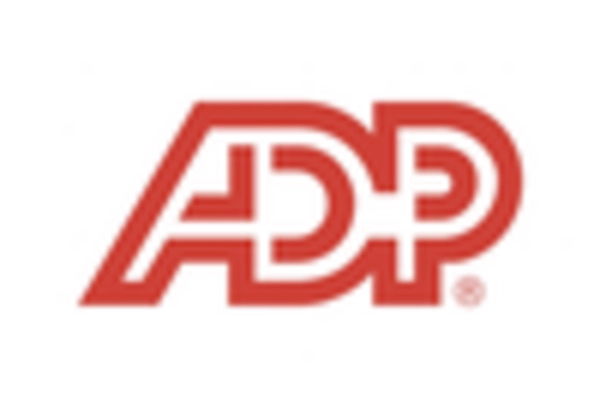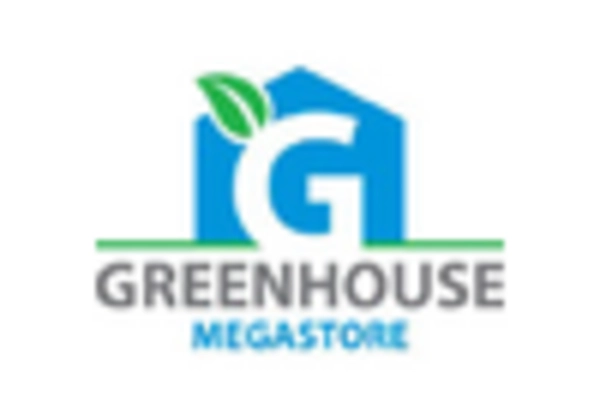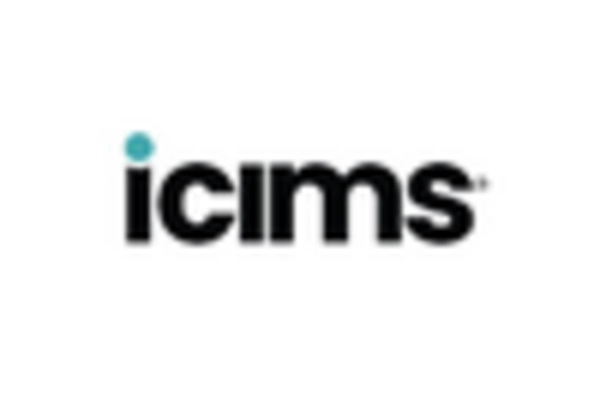Rising Demand for Automation
The applicant tracking-systems market is experiencing a notable surge in demand for automation solutions. Organizations in the GCC are increasingly recognizing the efficiency gains associated with automating recruitment processes. This trend is driven by the need to streamline operations, reduce time-to-hire, and enhance overall productivity. According to recent data, automation can decrease hiring time by up to 30%, allowing HR teams to focus on strategic initiatives rather than administrative tasks. As companies seek to optimize their recruitment strategies, the adoption of automated applicant tracking systems is likely to grow, thereby propelling market expansion.
Focus on Data-Driven Decision Making
In the applicant tracking-systems market, there is a growing emphasis on data-driven decision making. Organizations in the GCC are leveraging analytics to enhance their recruitment strategies, enabling them to make informed choices based on candidate data and performance metrics. This shift towards data utilization is indicative of a broader trend where companies aim to improve hiring outcomes and reduce turnover rates. It is estimated that organizations utilizing data analytics in recruitment can improve their hiring success rates by approximately 25%. Consequently, the demand for applicant tracking systems that offer robust analytics capabilities is expected to rise.
Growing Importance of Employer Branding
The applicant tracking-systems market is being influenced by the growing importance of employer branding. Organizations in the GCC are increasingly aware that a strong employer brand can attract top talent and improve candidate engagement. As a result, companies are investing in applicant tracking systems that facilitate the promotion of their brand throughout the recruitment process. This trend is supported by research indicating that organizations with a positive employer brand can reduce their cost-per-hire by up to 50%. Therefore, the integration of branding features within applicant tracking systems is likely to become a key driver of market growth.
Shift Towards Remote Recruitment Solutions
The applicant tracking-systems market is adapting to a shift towards remote recruitment solutions. As organizations in the GCC embrace remote work, there is a growing need for applicant tracking systems that support virtual hiring processes. This shift is not only a response to changing work environments but also reflects a broader trend towards flexibility in recruitment. It is projected that the demand for remote recruitment tools will increase by 40% over the next few years. Consequently, applicant tracking systems that offer features tailored for remote hiring are likely to see significant growth in adoption.
Increased Investment in Talent Acquisition Technologies
The applicant tracking-systems market is witnessing increased investment in talent acquisition technologies. Companies in the GCC are allocating substantial budgets to enhance their recruitment capabilities, recognizing the competitive advantage that effective talent acquisition can provide. Recent reports indicate that organizations are expected to invest over $1 billion in recruitment technologies in the coming years. This influx of capital is likely to drive innovation within the applicant tracking-systems market, leading to the development of more sophisticated solutions that cater to the evolving needs of employers and candidates alike.















